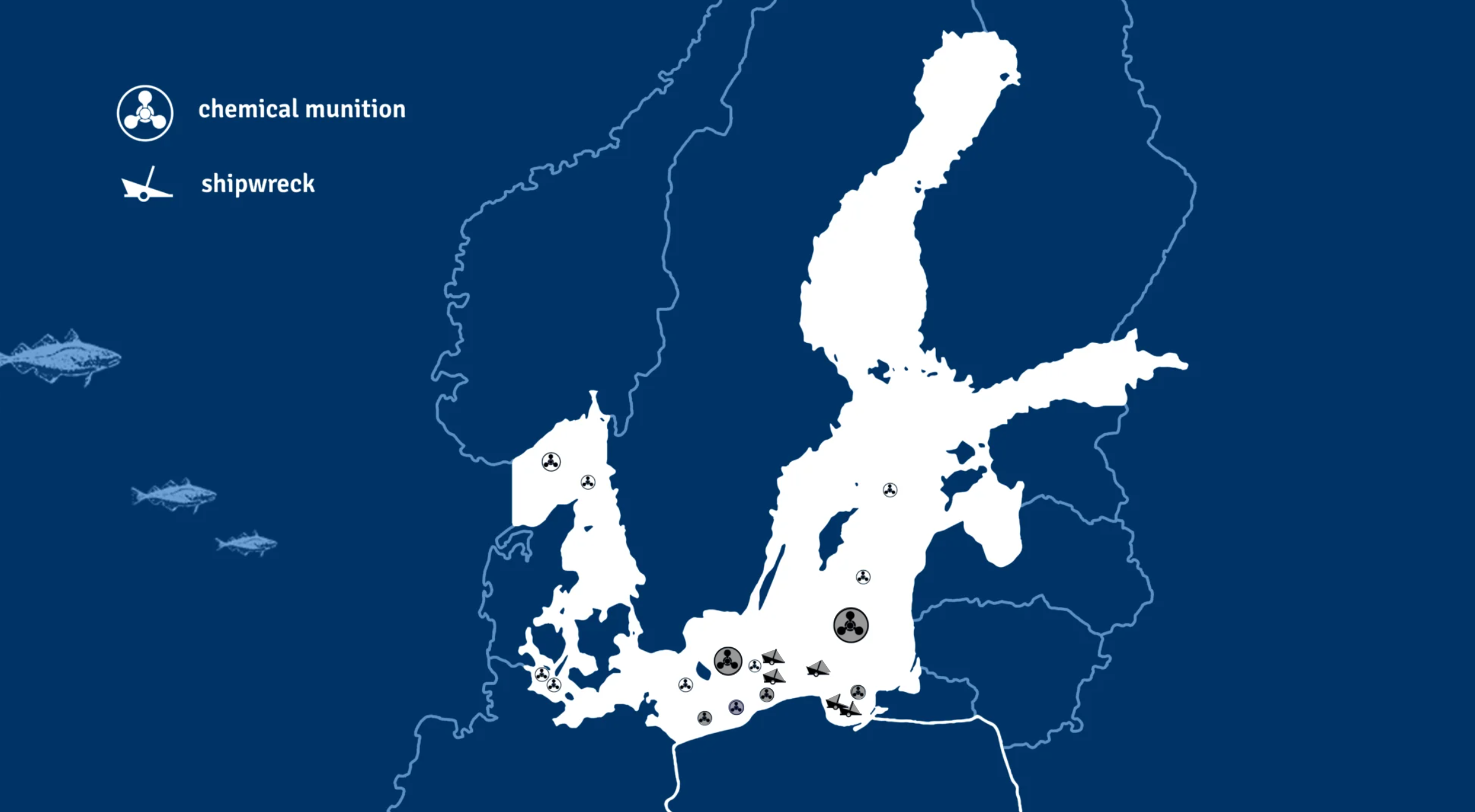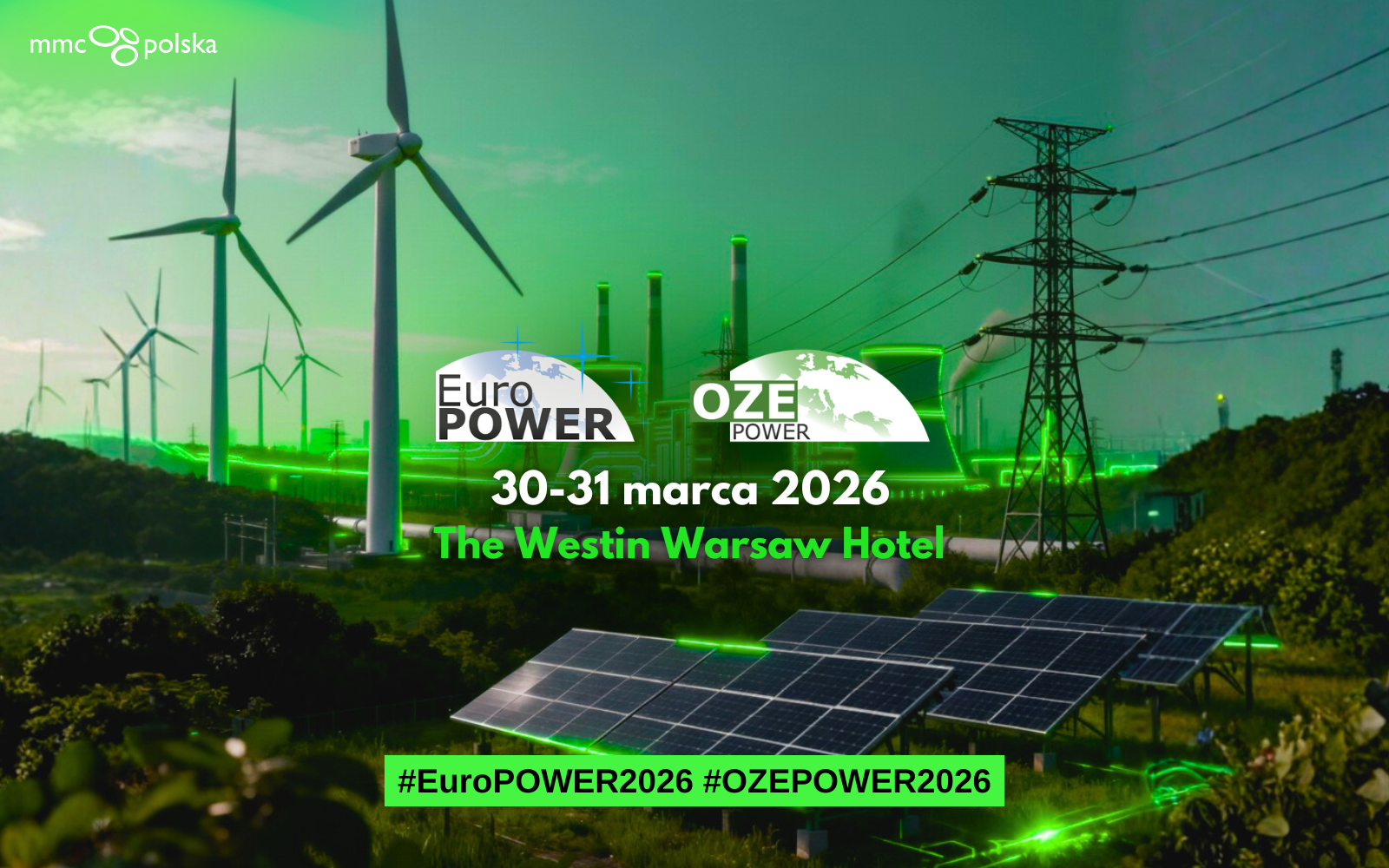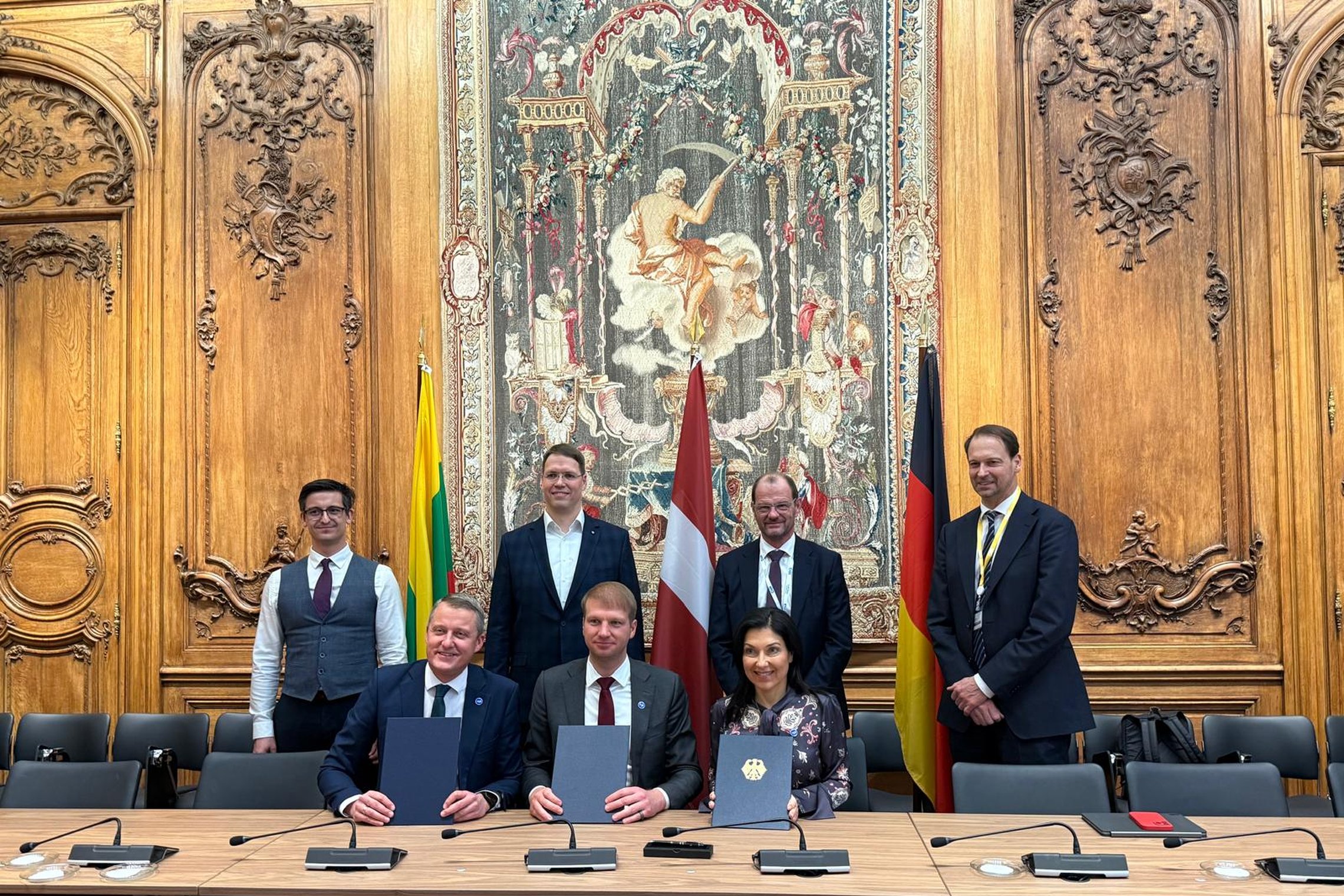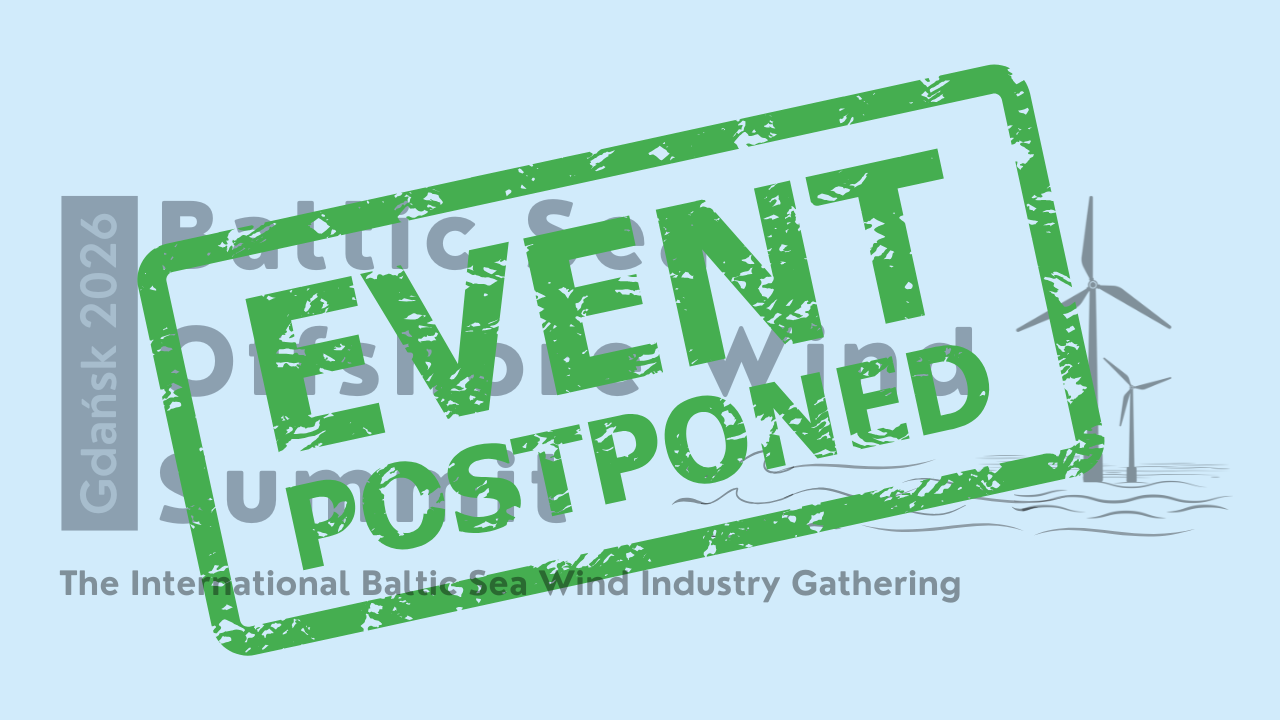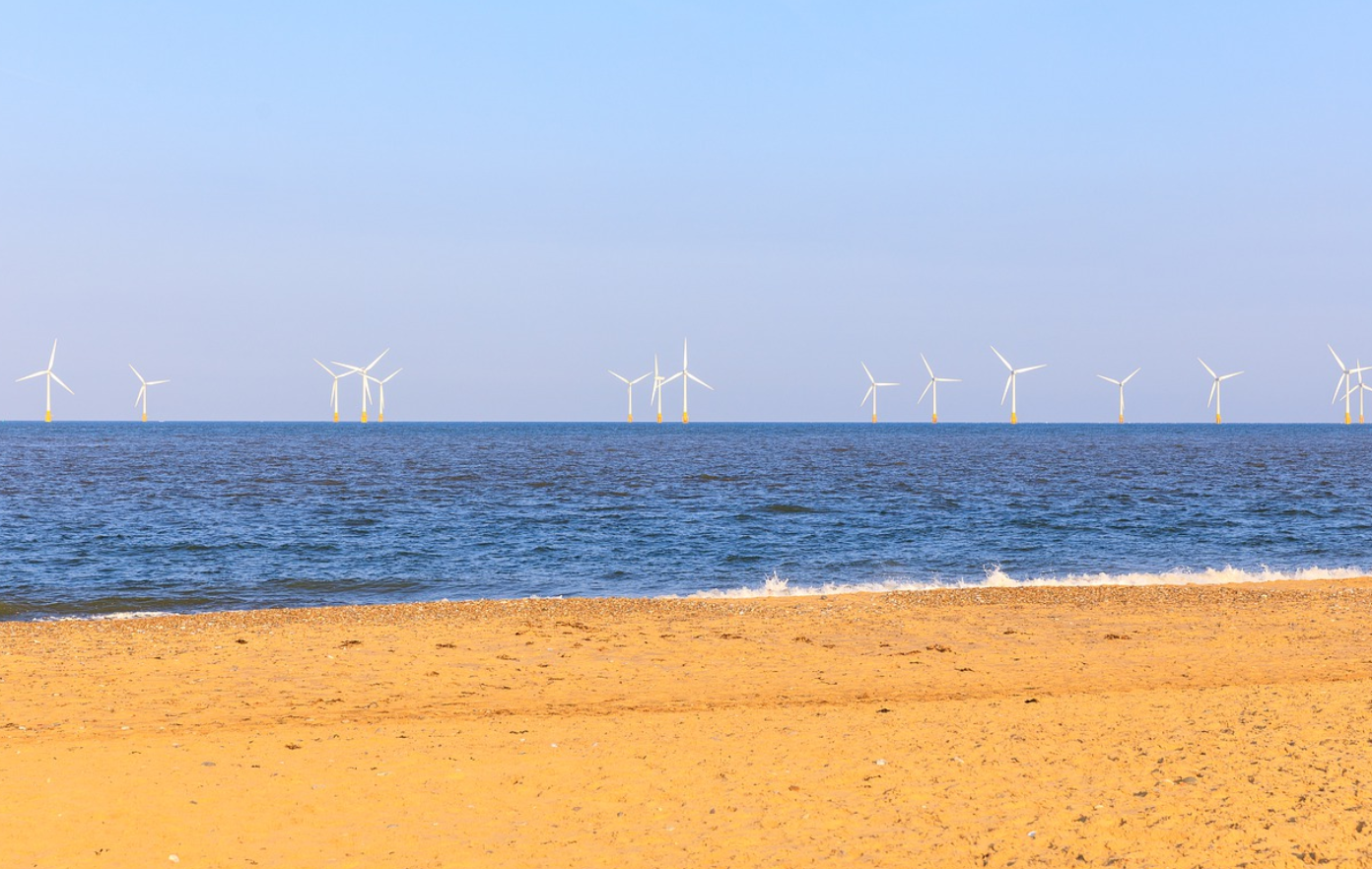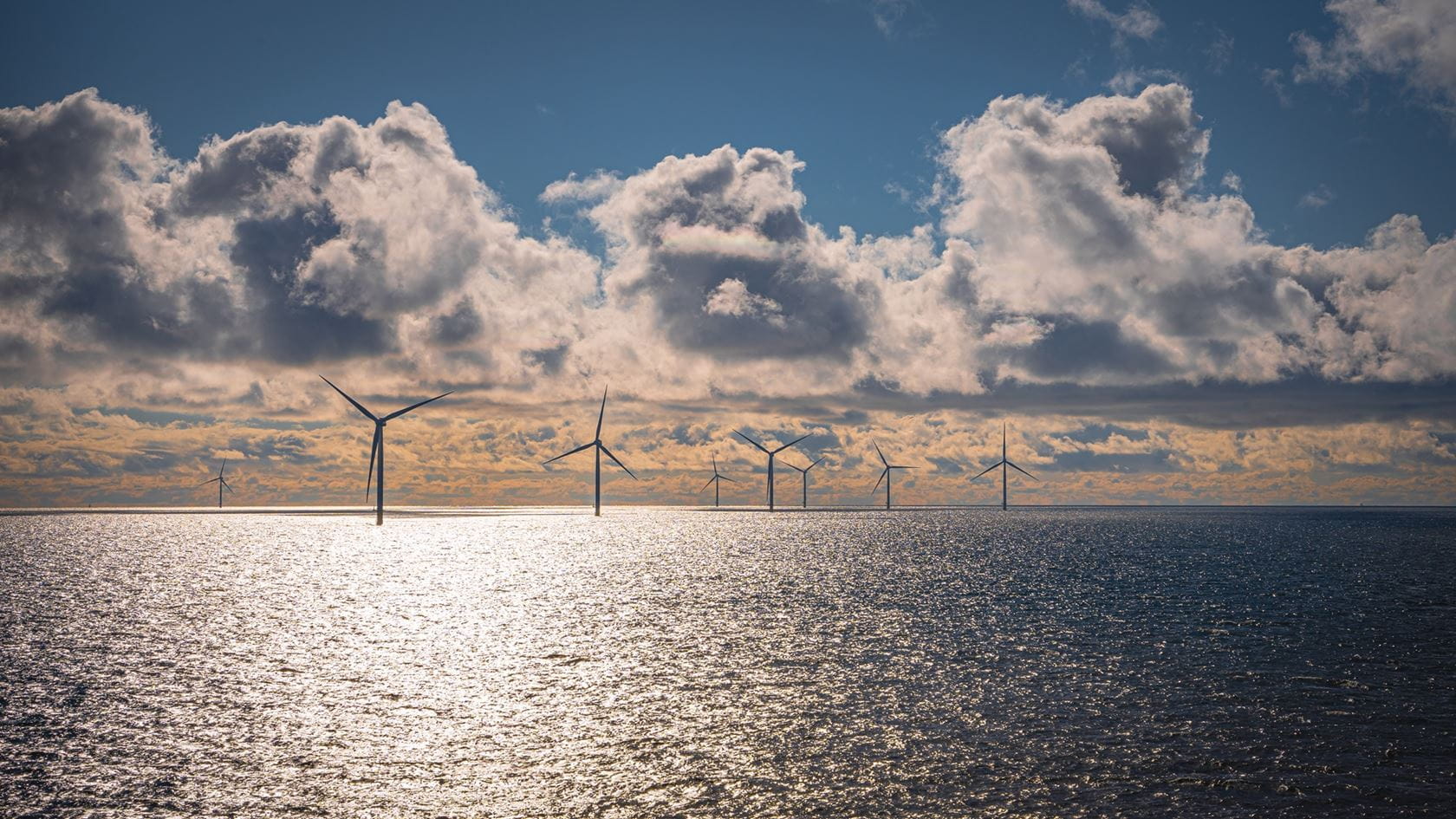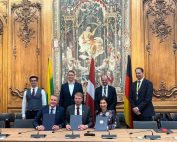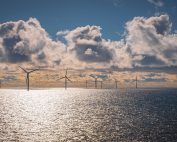#BalticForGenerations – is an initiative of the Polish energy company Enea and the UN Global Compact Network Poland, which aims to protect the waters of the Baltic Sea. Hundreds of thousands of tons of classic munitions, chemical weapons and shipwrecks filled with fuel lie on the seabed. The remnants of World War II pose threats to the Baltic ecosystem, but they are also a financial and environmental challenge to the offshore wind industry.
At the bottom of the Baltic Sea there is a “time bomb” with a delayed ignition. We’re talking about all kinds of munitions, chemicals, but also sunken ships. These elements pose a great threat not only to the flora and fauna of the basin, but also to the inhabitants of the Baltic Sea countries. The Polish energy company Enea together with UN Global Compact Network Poland has inaugurated the #BalticForGenerations educational campaign. The initiative also aims to engage the international community to take action.
As we can read on the action’s website, since the end of World War II at least 50 thousand tons of chemical weapons and 350,000 tons of classic ammunition has been sunken in the Baltic Sea. At the bottom of the basin there are also shipwrecks transporting, among other things, fuel. 415 such objects are located in Polish waters, almost a quarter within the Gulf of Gdansk. On 27 April 2021, the European Parliament passed a resolution calling on the European Union to cleanse the Baltic Sea of chemical weapons. One of the goals of the #BalticForGenerations project is to pursue this resolution.
– We want to sensitize the public opinion of Poles and Europeans of all ages. The Baltic is the future of the energy sector. Already, wind farms are being built on it, using the natural movements of the air to generate green energy. Further investments are planned, and the Enea Group is also involved. We want to provide electricity from renewable energy sources. A safe Baltic Sea must become a priority for Europe and this is our appeal,” comments Paweł Szczeszek, President of Enea.
In turn Kamil Wyszkowski, Executive Director of UN Global Compact Network Poland, noted that the problem of chemical weapons at the bottom of the Baltic Sea is becoming an urgent issue. In particular, no less than 40,000 tonnes of chemical weapons, including sarin and iperite, must be dealt with urgently.
– “We need to step up our efforts in this regard as part of the international cooperation of all the countries around the Baltic Sea. Comprehensive cooperation, involving society, governments, local governments, business and non-business organizations, can help develop concrete solutions,” says Wyszkowski.
Remnants of war on the seabed are a significant challenge for the offshore wind industry. The installations planned in the Baltic Sea are certainly located in areas where chemical weapons may be found. Experts point out that the actual amount is unknown. Thus, research at the environmental assessment stage is crucial. Otherwise, there may be a problem for the investor with the implementation of the project, which will translate into costs, e.g. during the laying of the cable corroded tanks or spills of chemicals may be disturbed, if not detected before. What then, with the project, and the environment? Investors should be very responsible in this regard, but European politicians and decision makers should be even more so, and should bend over backwards to solve the problem in the Baltic Sea.
Enea Group encourages you to sign a citizens’ initiative addressed to the European Commission to implement the resolution adopted by the European Parliament on the cleaning of the Baltic Sea seabed. A safe Baltic Sea for tourism, fishing, maritime transport, energy and many other sectors of the economy must become a priority for Europe in the coming years. The Baltic Marine Environment Protection Commission, also known as the Helsinki Commission (HELCOM), established by the Baltic Sea states and the European Community, has been making efforts in this regard for many years. The scientific community and NGOs also play a huge role.
